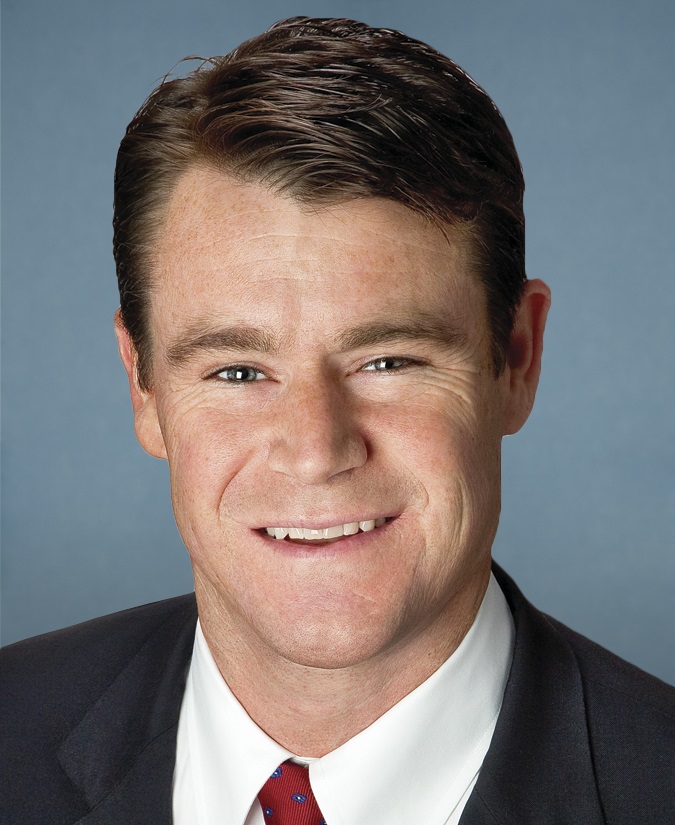
Spartz
Congresswoman Victoria Spartz (R-Ind.-05), member of the House Judiciary Committee, joined representatives Darrell Issa (R-Calif.-50), Juan Vargas (D-Calif.-51), and Scott Peters (D-Calif.-52) in introducing bipartisan and bicameral legislation to provide the federal judiciary critical resources in the form of new judges to relieve overcrowded dockets and streamline vital court proceedings.
A Senate companion bill of this legislation was introduced by Senators Todd Young (R-Ind.) and Chris Coons (D-Del.).
“Our judicial system is overwhelmed with hundreds of thousands of pending cases,” said Rep. Spartz. “It has long been said that justice delayed is justice denied. This legislation addresses this issue for the most overworked regions of our country, including Indiana, in a productive not political manner.”

Young
“Bicameral and bipartisan support for the JUDGES Act underscores the urgency of the judicial crisis we are facing in America,” said Sen. Young. “The overload of cases and shortage of judges, which has only worsened during the pandemic, is a serious problem that needs to be addressed. Our legislation will help ensure all Americans receive a timely day in federal court.”
Background
Congress last increased the number of federal district court judgeships more than 17 years ago – the longest gap since the original establishment of federal district courts in 1789. As of March 31, 2021, there were 696,789 pending cases in federal district courts across the country, averaging 803 filings per judgeship. These cases include civil rights claims, criminal prosecutions, environmental and consumer protection litigation, discrimination claims, challenges to government power, and holding corporations accountable for misconduct.
Earlier this year, the Judicial Conference of the United States, a nonpartisan policy-making body for federal courts, recommended that Congress create 77 new district court judgeships to help alleviate this crisis. This legislation would enact the report’s recommendation and create the recommended judgeships after future presidential elections – with half of the judgeships being authorized on Jan. 21, 2025, and the remainder on Jan. 21, 2029.
